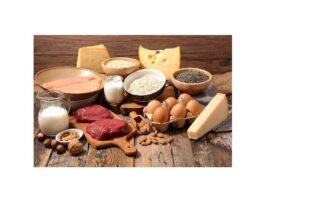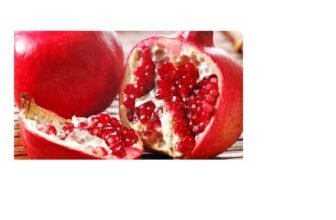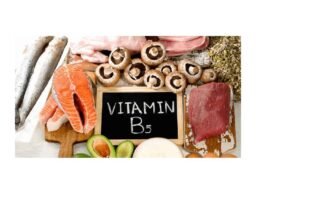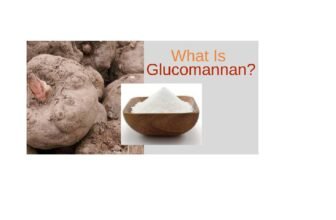Introduction
The human body needs small amounts of some minerals which are called trace minerals. Zinc is one such essential trace mineral. Though our body needs a very small amount of zinc, this small amount of zinc is vital for important chemical reactions which approximately 100 enzymes have to carry out.
Did you know that this trace mineral zinc plays vital roles in the growth of cells, DNA creation, protein synthesis, repair of damaged tissues and boosting the immune system? It can easily be understood how important it is to consume an adequate amount of zinc during the formative years of humans when the fast growth takes place.
The pregnant women should take care to consume zinc to help the baby to grow.
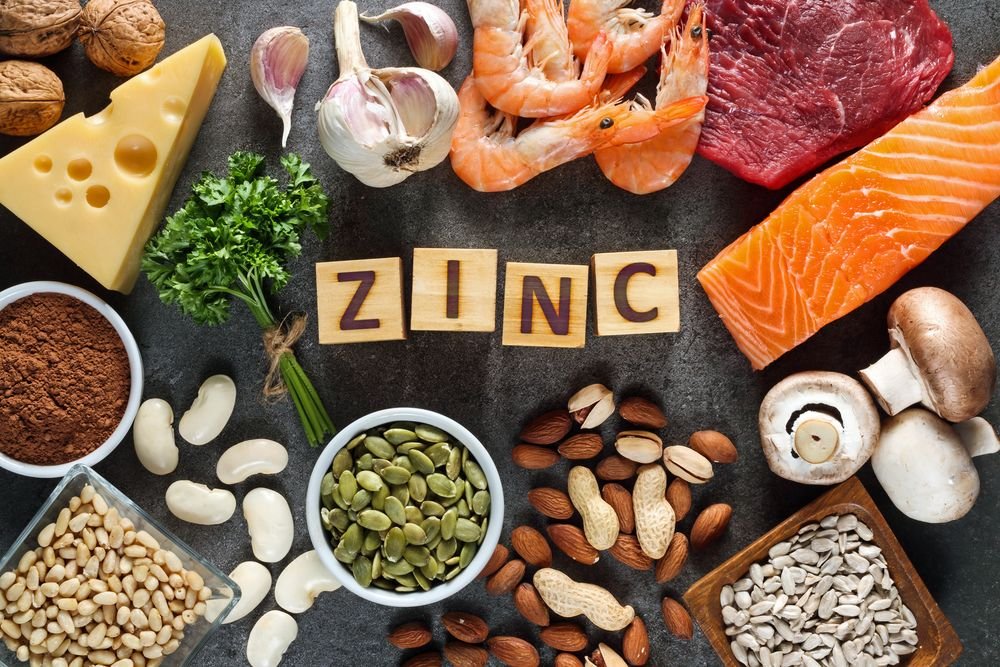
Information about the doses of the trace mineral zinc
When we say that we require only a small amount of zinc, the question which naturally arises is how much exact quantity of zinc should we consume. As the amount of zinc varies from age to age and even on the condition of the users of the trace mineral, we try to give the doses based on the above.
Recommended Dietary Allowance
- For an adult man over the age of 19 years the dose of zinc per day : Recommended dietary allowance ( RDA ) is 11 mg / day
- For an adult women over 19 years RDA is 8 mg per day
- The RDA for pregnant or lactating women is 12 mg per day
Upper Level of Intake of Zinc
- This tries to limit the intake of the trace mineral so that the users do not suffer from harmful side effects. This level is also called the Tolerable Upper Intake Level. This Upper Level for zinc is fixed at 40 mg per day for all adults above 19 irrespective of men and women.
The natural sources of the trace mineral Zinc
Protein source
- Beaf
- Poultry
- Sea Food such as oysters, crabs and lobster
- Pork
- Whole grains
- Nuts & Seeds
- Legumes
- Cereals
In the case of legumes and whole grains, though the sources are rich in zinc, the content of phytates lowers the absorption of the zinc in it because the phytates have a property to bind to the trace mineral zinc.
How safe is to take additional zinc supplements
We have already shown in the article that humans need this essential mineral but in trace amounts. We have also specified the RDL and the HL of consuming the trace mineral zinc so that it gives maximum results and does not cause any harmful side effects.
In order to provide the people with zinc deficiencies many zinc supplements have come on the online market. Such supplements are available in the form of pills as well as lozenges. Before taking such zinc supplements you must interact with your health provider as excess zinc has a number of harmful side effects.
Side effects of consuming excess zinc
- May interfere with the process of absorption of other important minerals like iron and copper.
- Nausea
- Vomiting
You should only take such zinc supplements when it is found to be low in the foods which you take or some other conditions might be disrupting proper absorption of the trace mineral zinc. Only a trained dietician or your doctor can decide whether you need to take additional zinc through supplements.
How can you know that you are deficient in zinc
The people with zinc deficiency are rarely found. Risk of zinc deficiency may be with the following persons:
- Some digestive issues such as IBS and surgical intervention of the gastrointestinal tract in which case zinc is not absorbed by the body.
- People with chronic kidney and liver diseases.
- After excessive diarrhea
- People with burns and sepsis
- Women during pregnancy
- Lactating women
- People who are vegetarian as whole grains and other plant based foods have low levels of bioavailability.
- People who have low levels of absorption of zinc while high levels of loss through urine.
Some approximate signs of zinc deficiency
- Lack of appetite
- Reduced smell and taste
- Depression
- Suppressed immunity
- Wounds not healing
- Loss of hair
- diarrhea
The newborn babies are best nourished by breast milk which contains a large amount of zinc. The babies must be fed with only breast milk for the first six months. No other food is required during this period as breast milk contains all that are needed for the growth of the baby. It also has anti-diarrheal, antibacterial properties.
Cow milk contains high amounts of phosphorus and calcium which lowers the absorption of the zinc.
Zinc related toxicity and its signs
If you are depending completely on food for the zinc intake there is no risk of any zinc toxicity. Toxicity may only come when you try to take additional zinc through supplements. Till now there is no reported case where any human got affected due to zinc intake through food.
Signs related to zinc toxicity
- Headache
- Vomiting
- Nausea
- Suppressed appetite
- Diarrhea
- Cramps in abdomen
Some beneficial effects of zinc
Zinc oxide is widely used for treating many skin conditions. Such ointments are available over the counter. Zinc is also used to protect the skin for sunburn. Zinc deflects the ultraviolet rays of the sun so that the UV rays do not penetrate into the skin.
Zinc works well in conditions such as burns, diaper rash, eczema and bed sores. Zinc oxide makes a protective barrier on the surface of the skin so that the moistures do not enter into, aiding the healing process. By helping the enzymes in breaking down the damaged tissues ( Collagen ) it assists in the formation of new tissues.
Zinc is also used to fight cold conditions. Once upon a time in 1990 zinc lozenges became very popular for remedying cold conditions. It was claimed that the zinc coating inside the mouth deters the cold virus to thrive in the mouth. For treating the nasal and throat cavities sprays are there, but such sprays were not preferred due to smell.
Though zinc does not kill cold viruses but if taken during the onslaught of cold it helps to prevent the cold conditions.


